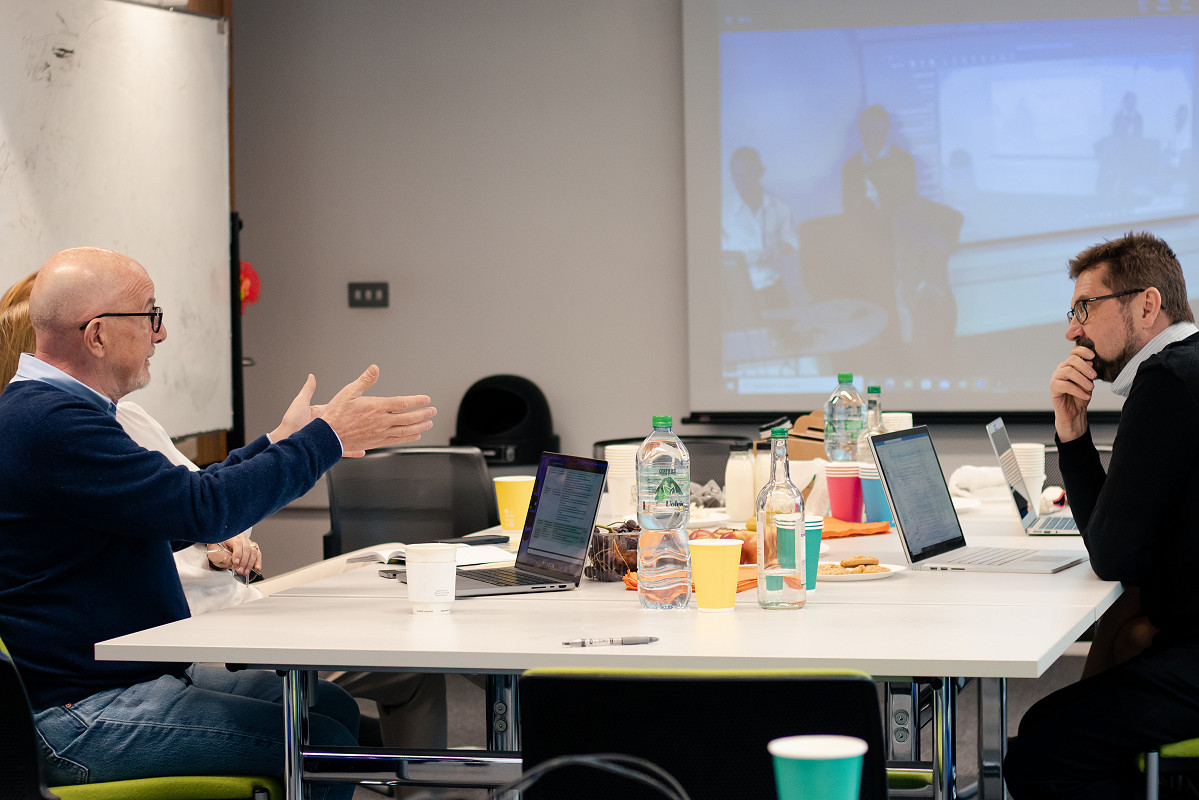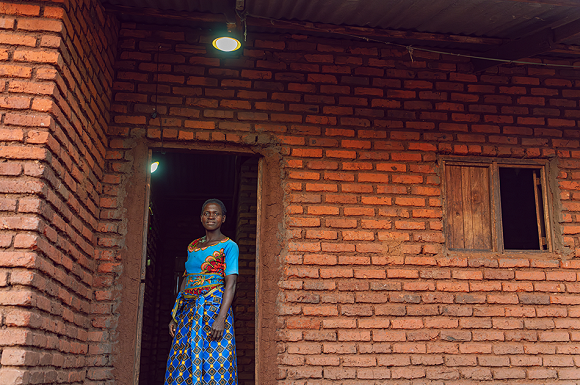02/06/2023
The Turner Kirk Trust Sprint Challenge funding recipients announced

Today, the Turner Kirk Trust is delighted to announce the recipients of The Turner Kirk Sprint Challenge fund.
In partnership with Imperial College London, the Challenge was established to bring together conservation scientists and mathematicians from Imperial's Centre for Environmental Policy, Department of Life Sciences, and Department of Mathematics.
Academics were invited to submit projects for funding that applied mathematics to challenging global conservation problems.
As part of the Challenge, academics were invited to pitch their proposed research projects at a unique self-contained event held earlier this year in front of a panel of academic experts. The panel included Professors Mark Burgman and Dan Crisan.
The proposals had to be no more than 2 pages, and academics were asked to apply mathematical tools in novel and unusual ways to difficult conservation challenges. Researchers were encouraged to submit projects that had a high risk of failure, but could catalyse a significant conservation breakthrough if successful.
The Sprint Challenge was a novel way of encouraging interdisciplinary collaboration as well as supporting high-risk/high-reward experimental projects, which might otherwise have difficulty raising funding. These two fundamental values drive the Trust's work.
Twelve proposals were submitted and pitched to the panel, with three projects selected and awarded funding. The successful teams expect to begin their research this summer.

